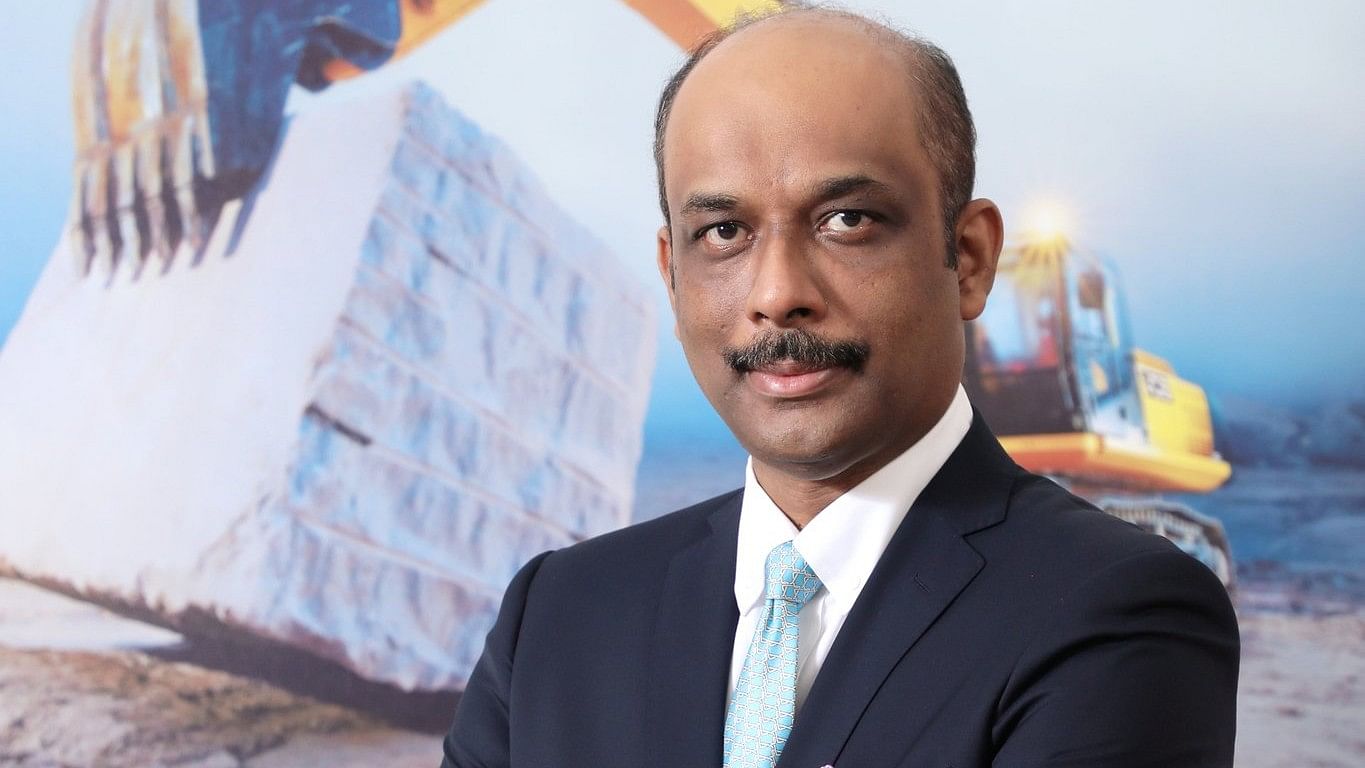
Deepak Shetty
Credit: Special Arrangement
Bengaluru: Notwithstanding export challenges presented by the geopolitical tensions and the election in the US, JCB India hopes to see a record breaking financial year (FY), given its domestic growth. This growth is predominantly driven by the country rural demand, Deepak Shetty, CEO and Managing Director of JCB India Limited, told DH’s Anushree Pratap in an exclusive interaction.
What is the outlook for JCB India and the construction and infrastructure sector it operates in this financial year?
We are confident that FY25 will be a record year, even better than the last. Over the last five years, we have grown at a compound annual growth rate (CAGR) of almost 14 per cent. We firmly believe the growth will continue. We have 2.1 lakh machines across India which communicate with us on the internet of things. For the industry, we expect it to grow by 6-7 per cent in the financial year.
You say that 65 per cent of JCB machines are deployed in rural India. What are the drivers here?
They are used from rural infrastructure to hardcore agriculture. The largest chunk goes towards the rural road projects through the Pradhan Mantri Gram Sadak Yojana. The second chunk goes towards water projects. Then, every housing project needs ground-flattening and foundation-digging. Our customers also use it on the agriculture side. They have been used for irrigation projects.
Over 90 per cent of the company’s machines are used by private players for a mix of government and private projects, while the remaining is bought directly by the government for defence and municipal projects.
Your exports don’t seem to have gone well this year until September. Have things picked up since?
We are seeing some challenges in the markets for the first 6-7 months. In Europe, we have seen challenges because of the war, particularly in Western European countries. Our largest exports are to the US, where we have also seen a bit of a challenge because of the election. We feel that these are temporary phenomena and as the political issues get settled, we will start seeing growth coming back in the markets.
We export to 130 countries. We have been exporting heavily to Eastern Africa. We also export to the Middle East, which is not impacted to that level, as new projects are coming up in Saudi Arabia, Dubai, UAE. By the end of 2024, it will be more or less the same as the previous year. We will be exporting more than 15,000 machines. By the end of the FY, it may improve a bit.
How are your aspirations to transition away from fossil fuels going?
In the last 10 years, we have improved the fuel efficiency of our machines by almost 40 per cent. While JCB has the technology to develop machines which run on hydrogen (which was developed by the group in the UK) replacing our diesel-powered internal combustion engines (ICEs), we are awaiting hydrogen to be available commercially in India to use it to power our machines.
JCB is absolutely bullish on hydrogen. Another reason we are really focused on hydrogen is because when machines become larger, you can’t put in larger fuel cells. We are also seeing more investment on the CNG side. But the biggest investment is the National Green Hydrogen Mission.